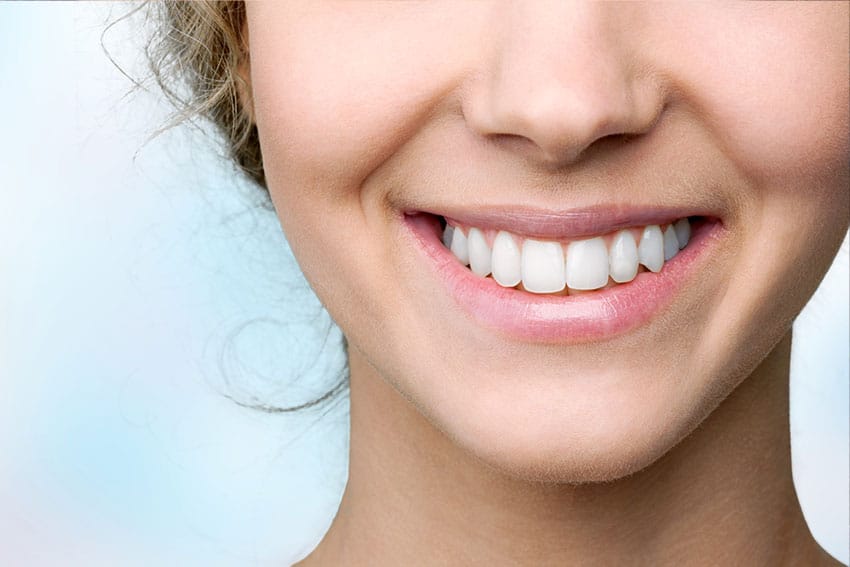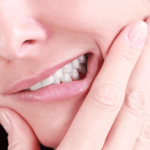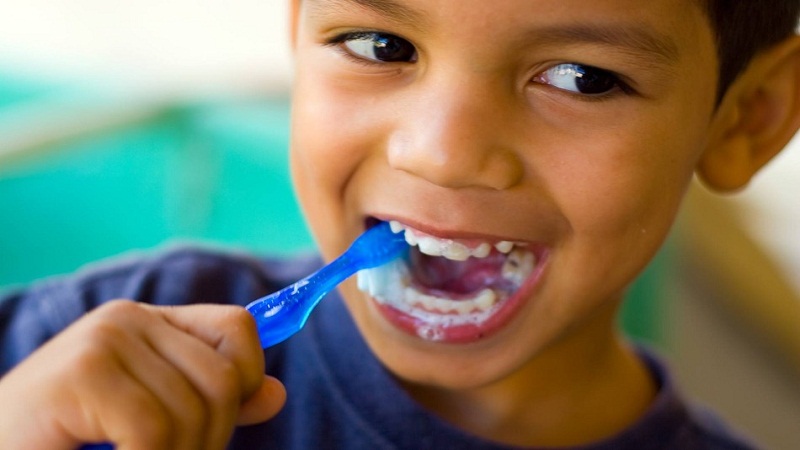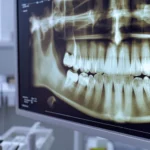Poor oral hygiene leads to dental plaque and tartar build up. This causes gingivitis or gum disease. Gum disease raises risk for heart disease and diabetes. Bacteria in mouth can enter bloodstream during brushing or flossing.

Content
Proper Brushing Removes Plaque
Brush teeth twice daily with a soft bristled toothbrush. Use gentle circular motions to remove plaque. Focus on chewing surfaces and between teeth. Replace toothbrush every 3 months or sooner if bristles are frayed.
Floss Once a Day
Flossing removes food and plaque from between teeth and below gums. Floss before brushing once per day. Gently rub floss against each tooth surface.
Rinse Mouth with Water
Rinse mouth with water after eating and brushing. Rinsing washes away remaining food particles and bacteria. This prevents plaque from forming and sticking to teeth.
See Dentist Regularly
Get professional dental cleanings and checkups twice yearly. Dentists remove tartar below gumline and look for early signs of cavities and gum disease. Early treatment prevents serious dental problems.
Use Fluoride Toothpaste
Fluoride strengthens tooth enamel and makes it more resistant to acids. It also prevents demineralization and encourages remineralization of tooth enamel. Look for toothpaste with at least 1000ppm fluoride.
Try Remineralising Tooth Powders
Remineralising tooth powders can help counteract early signs of enamel breakdown. They contain minerals like hydroxyapatite to repair and remineralize teeth. Without harsh abrasives, they gently clean and strengthen enamel. Visit www.weluxia.com to find the best remineralizing tooth powders.
Limit Sugary Foods and Drinks
Sugar feeds the bacteria that cause tooth decay. Limit candy, soda, juices and sugary coffee drinks to mealtimes only. Rinse with water after consuming. If craving sweets, choose xylitol chewing gum which has preventive effects.
Manage Stress Through Good Diet
Stress can exacerbate dental issues like grinding teeth (bruxism). Eat nutritious whole foods and stay well hydrated to manage stress levels. Consider relaxing activities like yoga, meditation, deep breathing. Seek natural relief before relying on medications.
Quit Smoking and Limit Alcohol
Smoking and excessive alcohol damage gums and increase risks for oral cancer. Nicotine stains teeth while alcohol dries mouth, promoting decay. Both interrupt saliva flow which protects teeth. Make plan to quit smoking and cut back on drinking.
Check Mouth Regularly for Changes
Perform monthly oral cancer self-exams. Watch for red or white patches on soft tissues, lumps or smooth areas. Report any suspicious changes to dentist promptly. Early detection saves lives. Overall health depends on total body wellness, including good oral hygiene.
Conclusion
In conclusion, maintaining good oral hygiene through daily caring habits supports overall health and well-being. Following tips like proper brushing, flossing and seeing the dentist regularly prevents dental issues. Limiting sugars, quitting smoking and using remineralizing products also promotes strong, healthy teeth for life.

Gina Jordan is a health blog author who has been writing about healthy living since 2013. She started her journey by adopting a vegan diet and eating only organic foods, but the more she learned, the more she realized that we should all be eating plant-based diets exclusively. As an expert in nutrition and wellness, Gina blogs to educate readers on how they can live happier and healthier lives through food choices!





